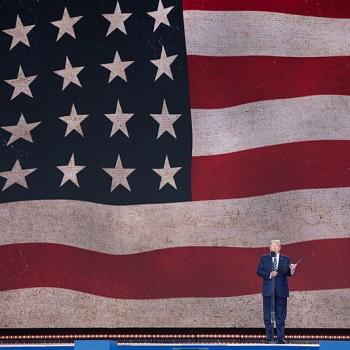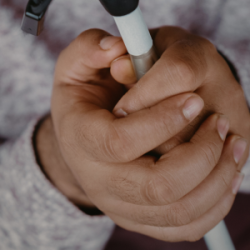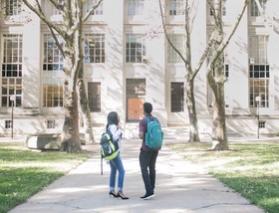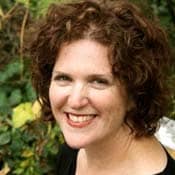Like millions of others, I was traumatized by 9/11. It haunted my dreams and thoughts for months. I visited Ground Zero and shed tears over the horror of what happened. I long to see terrorism and fundamentalism in any form eradicated. And I admit, there was some sort of gladness that came over me when I heard the news on Sunday evening. However, ten years later, Osama bin Laden doesn't seem like such a big deal anymore.
Bin Laden's sordid brilliance was that he worked through a network that is widespread, quiet and alert. It seems to me that our most important concern is not the death of one man, but the networks developed and influenced by him, either in solidarity or retaliation. I am more distressed that there are places where bin Laden's hate, vengeance and polarized view of the world exist - no matter their nationality, religion and allegiance.
We live in a globalized world where the sight of crowds marching against a comic strip, Korans burning in Florida or crowds cheering the death of one who many saw as their leader is instantly broadcast into homes and onto cellular devices. And it is in these intimate spaces where networks grow and spread. The jubilant crowds and careless, hateful words that have been spoken give me cause to fear that we have forgotten that our world is networked through satellite towers and computer wires that feed either despair or hope.
Googled globalization makes visible what has always been true - we are connected to each other for good or for ill. Or as Martin Luther King Jr. wrote, "We are caught in an inescapable network of mutuality, tied in a single garment of destiny. Whatever affects one directly, affects all indirectly." The goal is not to get the bad guy (though that may happen along the way), the goal is to foster justice, peace, and restoration so that the networks of despair become networks of hope. I long for a nation that takes seriously the networked reality of our world and tempers our responses to honor that reality. And I long for a church that gives itself to stoking the embers of faith, hope and love, particularly when the world feels most polarized.
Dealing with this in church is complex, particularly in a church as diverse as the one I serve. Our members and friends include retired military, parents of currently deployed servicemen, active pacifists, Republicans, Democrats and everyone in between. What I've noticed about the discussion the last few days is that it seems almost impossible to mention any perspective on this in the public sphere without someone accusing you of not respecting the military or the families and victims of 9/11; or on the opposite side, of being addicted to violence and guilty of rejoicing in a fellow human's death. I hesitate to share my perspective as a pastor because I fear some parishioners will think I am attempting to speak for them or that I don't value their perspective, or even more, their life's work and sacrifice. On the other hand, it seems this is the time that we need to hear voices of faith that speak into the polarization of our world and seek to build bridges.
This week it seems wise to preach and model interconnectedness and compassion for all. It seems wise to give space for reflection, assuming and honoring that many will come to different conclusions. It seems wise to listen more than we speak. It seems wise to remember that our experience is not everyone else's. It seems wise to strengthen our own connections within the church and outside of it, doing our part to live and love intentionally in this googled globalized world.
5/5/2011 4:00:00 AM





